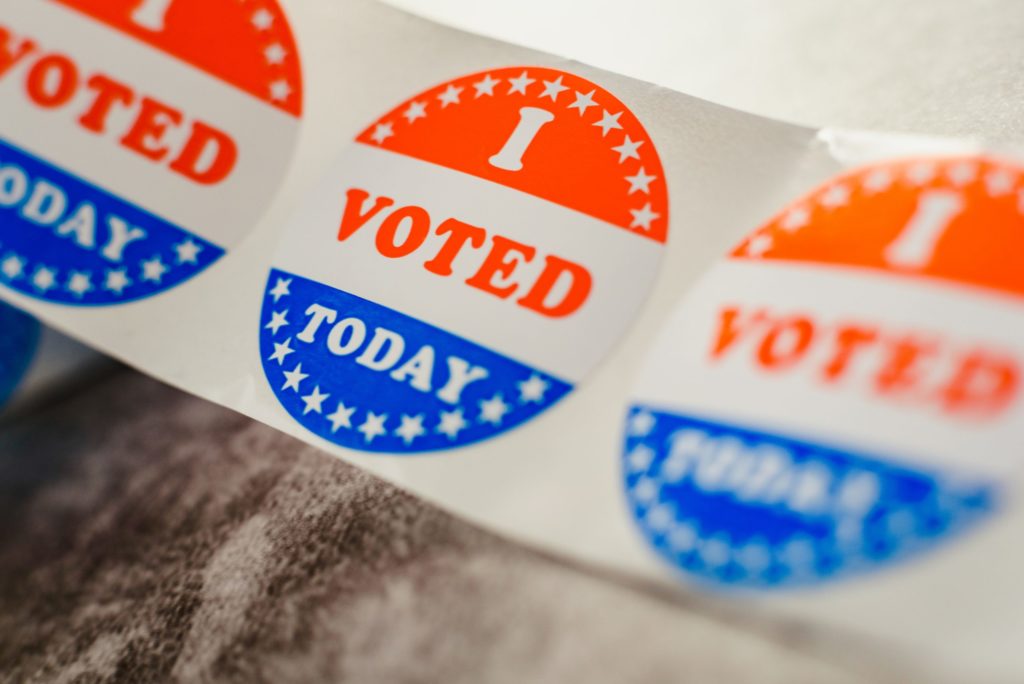Congress must stop allowing the president to unilaterally create laws
Over the last several months, President Obama’s administration has seemingly created laws for the America people without any relevant input from the legislative branch. While many liberal legislators have praised the president’s actions and their conservative counterparts have railed against them, neither faction has had a real hand in approving or rejecting the executive branch’s policy advances.
From regulations implementing the Patient Protection and Affordable Care Act, to the president’s Clean Power Plan and his continued efforts to change national immigration policy, some Americans are probably wondering how the president is able to exercise such power in the face of Congress.
The difference between a law and a regulation has become increasingly semantic. At the end of the day, both carry legal force and mandate the compliance of American citizens and businesses. A federal law results via bicameral passage of a bill and either the signature of the president or a veto override. A federal regulation is usually crafted within an executive branch agency as it implements a federal law. The difference becomes less clear as the executive branch “interprets” underlying federal law to apply in substantive ways that might not have been originally intended by congress.
The President’s Clean Power Plan is a perfect example. The Clean Air Act enacted in 1970 and last amended in 1990 contains broad regulatory authority to regulate “any air pollutant from any class or classes of new motor vehicles or new motor vehicle engines…which may reasonably be anticipated to endanger public health or welfare.” The general definition of air pollution under the law states that “air pollutant” means any air pollution…which is emitted into or otherwise enters the ambient air.”
There is significant evidence that the legislators responsible for passing the Clean Air Act and its amendments never anticipated it being used to regulate carbon dioxide. In fact, Democratic Rep. John Dingell, D-Mich., who was responsible for writing the 1990 Clean Air Act amendments, clearly stated that Congress did not intend for the act to do so.
Through several Supreme Court decisions, beginning with 2007’s Massachusetts v. EPA and culminating this year with Utility Air Regulatory Group v. EPA, the Supreme Court has provided EPA with significant sway to regulate greenhouse gas emissions from both mobile and stationary sources.
Regardless of perspective on whether carbon regulation is a good or bad idea, think about the practical implications: At a time when updating the Clean Air Act to expressly include carbon regulation is a political impossibility in Congress, the president is able to write the law anyway.
In short, Americans are experiencing a massive disconnect between representation in the U.S. House and U.S. Senate and emerging federal mandates. The president and the judges he or she appoints have become radically more powerful and agile than the legislative bodies charged to actually write the laws under the Constitution.
While the president undoubtedly has an aggressive policy agenda on a wide variety of issues, members of Congress are to blame for his ability to implement it without them.
The president does not have the authority to write laws, but Congress has delegated massive discretion to essentially write the substantive details. Modern statutes are filled with references to the secretary of some federal agency creating regulations with only the most general guidance in statute. Many legislators are apparently bewildered at the concept of writing a law without sending massive amounts of their authority to the executive branch.
In several areas, the president and the executive branch have moved beyond the constitutional function of taking “care that the laws [are] faithfully executed.” Federal agencies and the White House have begun writing the law itself.
The only way to begin matching the laws we face with our legislative representation is for Congress to begin reclaiming its power. That requires a desire to take responsibility for the details of American laws, a willingness to work together to push back on the executive branch, and a rejection of the winner-take-all mentality towards the presidency. It sounds like a tall order, but without those steps, our federal legislative representatives may find themselves increasingly irrelevant in setting public policy.





